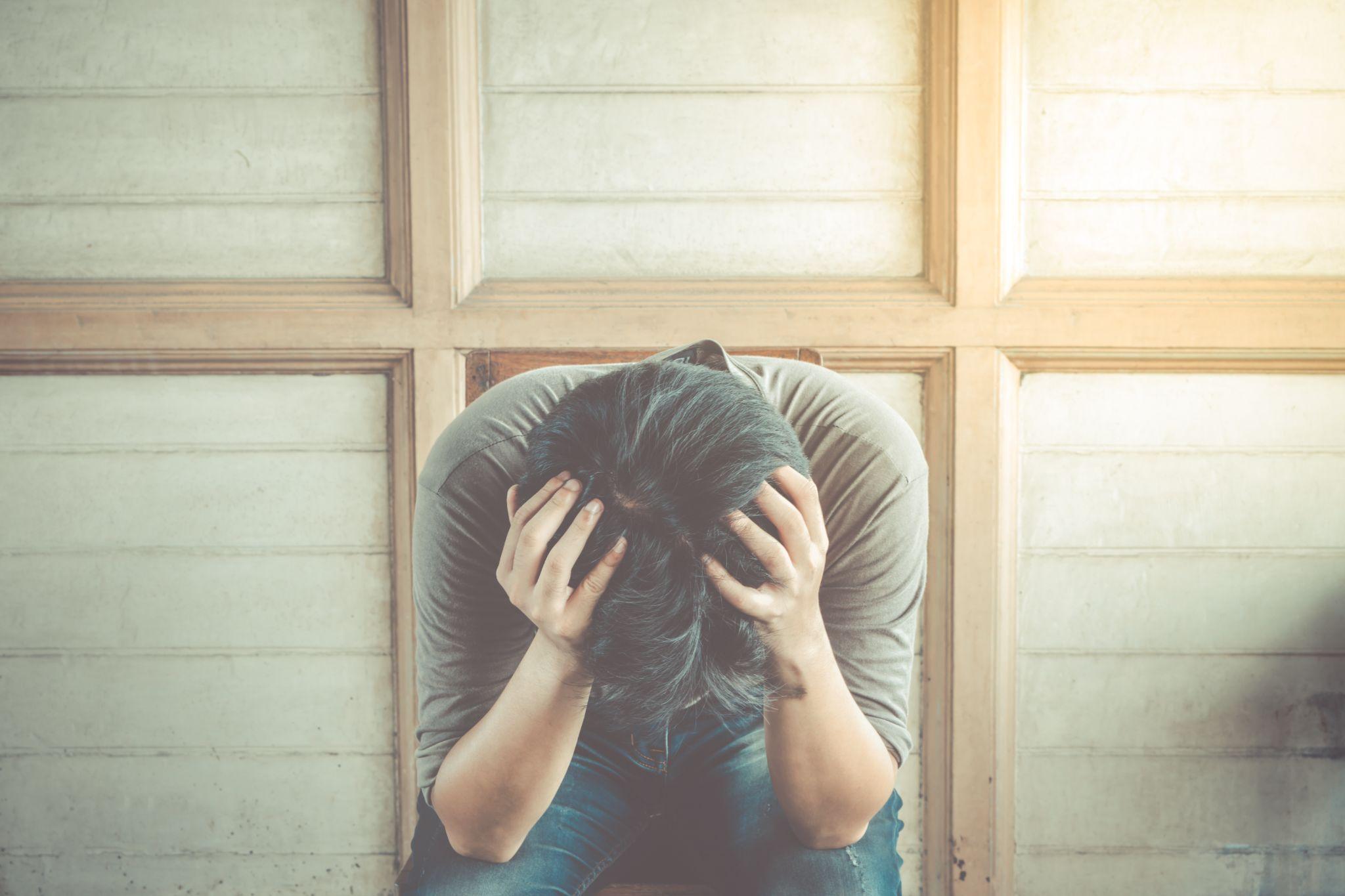Anxiety is more than just feeling stressed or worried. It’s a mental health issue that can consume a person’s daily life, making even simple tasks seem daunting.
The Anxiety and Depression Association of America (ADAA) explains that the types of anxiety disorders vary widely, from generalized anxiety disorder (GAD), which is persistent worry about many topics, to social anxiety disorder (SAD), a social phobia that triggers intense fear of being judged in a social setting.1
Anxiety and addiction often emerge as two interlinked challenges, casting long shadows over the lives they touch. We want to acknowledge the intricate relationship between anxiety disorders and substance use disorders, offering support and direction for those feeling lost in the storm. Our goal is to provide insights and strategies to help navigate this dual diagnosis with an emphasis on understanding, healing, and empowerment.
What Connects Them?
The connection between anxiety and addiction is complicated but important to understand. It often starts when people use drugs or alcohol to try and feel better from the symptoms of their anxiety. This might seem like a good idea at first, but it can quickly lead to needing these substances to feel normal which may lead to addiction.
When people keep using these substances or drinking alcohol, it changes how their brains work. The brain becomes accustomed to drugs or alcohol, impairing its ability to handle stress and anxiety. This can make the mental illness worse, which makes the person want to use more drugs or alcohol, becoming a cycle that’s hard to break.
Another big problem is when the side effects of the drugs or alcohol wear off, the person might feel even more anxious than before. They might use more just to avoid feeling this way, which only makes the anxiety and substance abuse stronger.
As the need for the substance grows, people might start using more of it or trying other drugs to get the same relief they used to feel. This can make the addiction even worse and harder to deal with.
Treating both the anxiety and the addiction simultaneously is crucial. If only one issue is treated, the person might not get better. Effective treatment needs to look at both problems together, using therapy, healthy habits, and support from others who understand what it’s like.
The Impact of Addiction on Anxiety
When someone has an addiction, it can make their anxiety worse in many ways. Using drugs or alcohol might seem like it helps with anxiety at first, but over time, it can cause a lot of new worries.
People might start feeling stressed about getting more of the substance, how much money they are spending on it, and the trouble it could cause in their lives, like with the law or their relationships.
Addiction changes how the brain works, making it harder for someone to feel calm and happy without the substance. This can make the anxiety that was already there even worse, and sometimes, it can cause new kinds of anxiety to show up.
For example, some drugs can make people feel more paranoid or scared, while drinking a lot of alcohol can make someone feel more down and hopeless.
Also, addiction can lead to big changes in someone’s life that can cause more anxiety. This includes problems like losing friends, feeling lonely, and not caring for their health. When people try to stop using the substance, they might feel even more anxious because of withdrawal symptoms, which makes them want to use it again to feel better.
This creates a cycle where the addiction and the anxiety keep making each other worse. It’s like being stuck in a loop where using substances to deal with anxiety leads to more anxiety. Breaking this cycle is tough, but it’s possible with the right help and support.
Breaking the Cycle
Breaking free from the intertwined cycle of anxiety and addiction requires a comprehensive and multifaceted approach. Here are key strategies for those seeking to navigate their way out of this complex relationship:
Seek Professional Help. Professional intervention benefits addiction and anxiety through specialized treatment programs, including counseling, medication, and support groups. Therapists and counselors trained in dealing with dual diagnoses can offer tailored strategies that address both issues simultaneously, providing a solid foundation for recovery.
Develop Healthy Coping Mechanisms. Replacing unhealthy coping mechanisms with healthy alternatives is crucial. Techniques such as mindfulness, meditation, and exercise can help manage anxiety without resorting to substance use. These practices improve both mental and physical health, supporting overall psychological well-being.
Build a Support Network. A robust support network is key to overcoming addiction and managing anxiety. This network can include friends, family, and peers who have experienced similar struggles. Support groups designed for individuals with dual diagnoses offer a sense of community and understanding, which can be incredibly empowering.
Practice Self-Care. This critical component of recovery includes maintaining a balanced diet, ensuring adequate sleep, staying physically active, and engaging in activities that bring joy and relaxation. Taking care of one’s physical and emotional needs can significantly reduce anxiety levels and strengthen resilience against addiction.
Set Realistic Goals. Recovery is a journey, not a destination. Setting achievable, incremental goals can provide a sense of progress and accomplishment. Celebrating these milestones, no matter how small, can motivate continued efforts toward recovery.
Avoid Triggers. Identifying and avoiding triggers that exacerbate anxiety or cravings is essential. This may involve lifestyle changes, such as avoiding certain social situations or managing stress through healthier means. Being mindful of triggers and having strategies in place to deal with them can prevent relapse and support ongoing recovery.
Get Help for the Cycle of Anxiety and Addiction With Lumina Recovery
The journey through anxiety and addiction is undoubtedly challenging, but it’s important to remember that recovery is possible. Understanding the intricate relationship between these conditions is the first step toward healing.
Lumina Recovery specializes in anxiety dual diagnosis and different types of drug addictions.
With the right support, strategies, and determination, individuals can navigate this path toward a healthier, more fulfilling life.
Get in contact with Lumina Recovery today to see how we can help you or a loved one.
Sources:



